D-B-J
Been spending a lot of time on here!
- Joined
- Apr 13, 2010
- Messages
- 9,027
- Reaction score
- 2,175
- Can others edit my Photos
- Photos OK to edit
Hi all! I gave a talk on long exposures and the filters I use to a local photo club (about 30-35 people were in the crowd), and since then I've had many express interest in my hosting a long-exposure workshop. Now, I've never done one, but am more than happy to give it a shot (and I think I kinda know what I'm talking about, so I'm not nervous).
So here's my plan:
1) Send out a info pamphlet with things like cost, gear needed, location, time, number of spots, etc.
2) On the day of the shoot, get to the location early and see what it all looks like (I'll be using Diana's pool, a waterfall with a million compositions.
3) Since they've all heard me talk about filters, I'll spend 20-30 minutes talking about things to remember (mirror lock up, cover the viewfinder, etc), and things like composition, how to use the filters they have, etc.
4) Then I plan to let them all "go," and then I'll walk around between each one and give them a bit of hands on help, with composition, exposure time, etc.
5) After everyone's set up and happy, I'll do some work of my own (if at all possible, if not I'll just do that after).
6) Spend about 2 or so hours shooting (I'm always happy to do more or less, depending on how the group feels).
7) After the shoot, I want to set up a Panoramio account where everyone can post images, then we can comment/critique each other, to help them grow and learn even more.
The real question is, how does that sound? I myself have never attended a work shop, and I feel like this is a good way to start. Here's a few frames of my own from the location I plan to use.
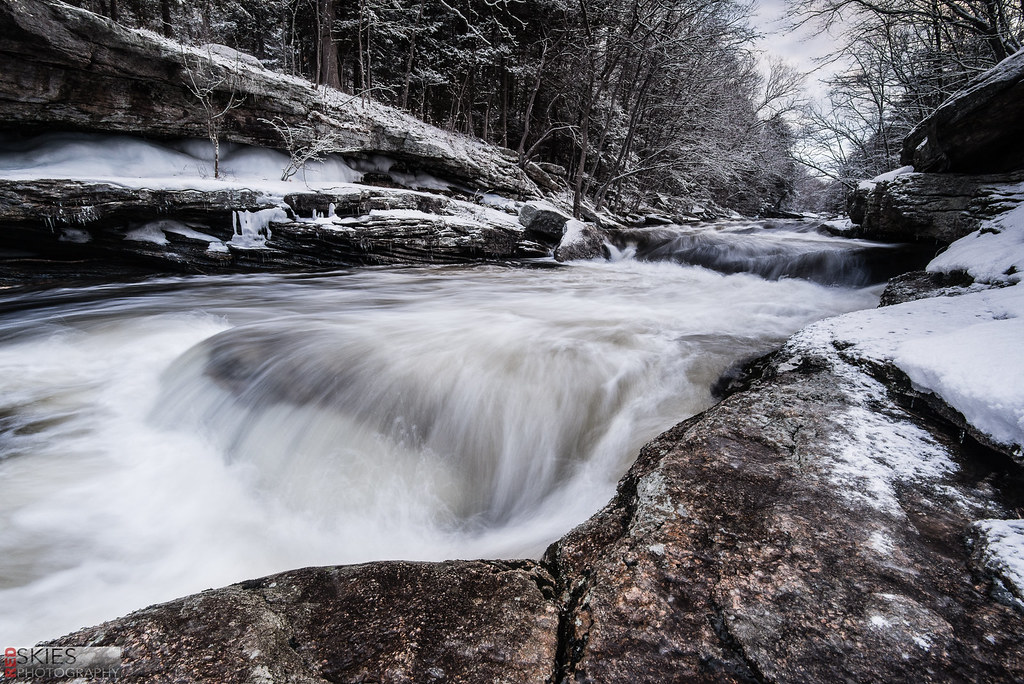 "Spring Flooding" by f_one_eight, on Flickr
"Spring Flooding" by f_one_eight, on Flickr
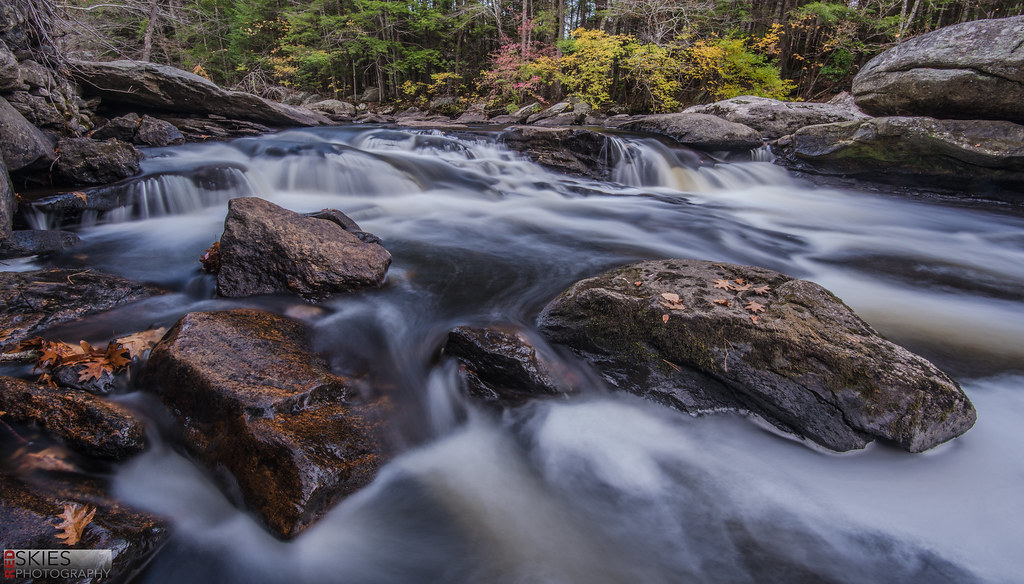 Down by the Wayside by f_one_eight, on Flickr
Down by the Wayside by f_one_eight, on Flickr
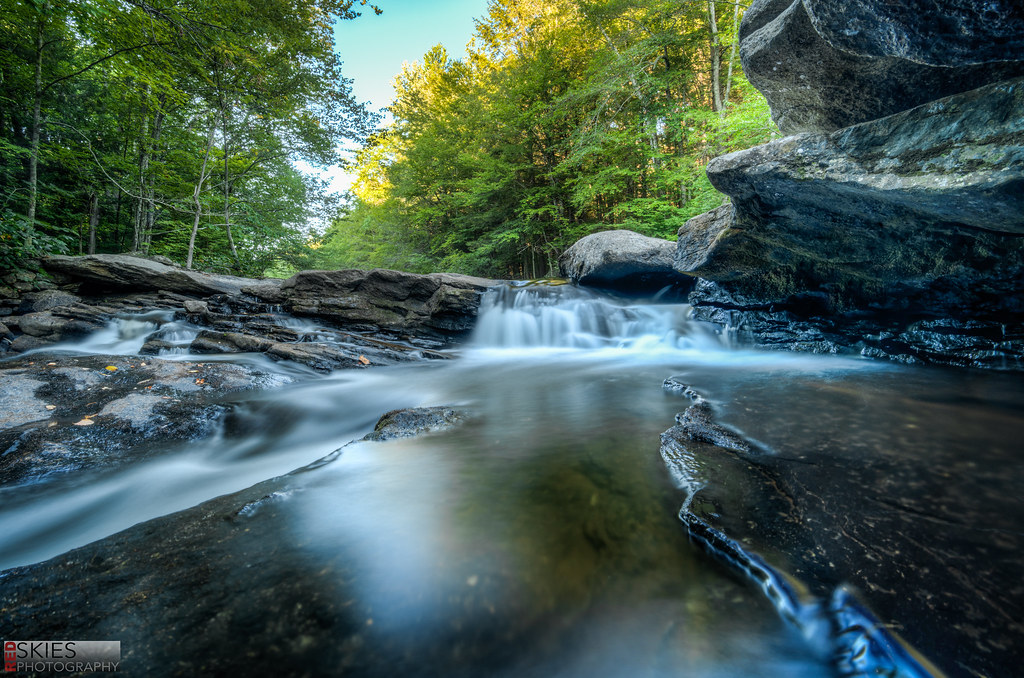 Once Hidden by f_one_eight, on Flickr
Once Hidden by f_one_eight, on Flickr
I think I'll cap it at 4 or 5 people, to keep the group small.
Cheers!
Jake
P.S., any input helps!
So here's my plan:
1) Send out a info pamphlet with things like cost, gear needed, location, time, number of spots, etc.
2) On the day of the shoot, get to the location early and see what it all looks like (I'll be using Diana's pool, a waterfall with a million compositions.
3) Since they've all heard me talk about filters, I'll spend 20-30 minutes talking about things to remember (mirror lock up, cover the viewfinder, etc), and things like composition, how to use the filters they have, etc.
4) Then I plan to let them all "go," and then I'll walk around between each one and give them a bit of hands on help, with composition, exposure time, etc.
5) After everyone's set up and happy, I'll do some work of my own (if at all possible, if not I'll just do that after).
6) Spend about 2 or so hours shooting (I'm always happy to do more or less, depending on how the group feels).
7) After the shoot, I want to set up a Panoramio account where everyone can post images, then we can comment/critique each other, to help them grow and learn even more.
The real question is, how does that sound? I myself have never attended a work shop, and I feel like this is a good way to start. Here's a few frames of my own from the location I plan to use.
 "Spring Flooding" by f_one_eight, on Flickr
"Spring Flooding" by f_one_eight, on Flickr Down by the Wayside by f_one_eight, on Flickr
Down by the Wayside by f_one_eight, on Flickr Once Hidden by f_one_eight, on Flickr
Once Hidden by f_one_eight, on FlickrI think I'll cap it at 4 or 5 people, to keep the group small.
Cheers!
Jake
P.S., any input helps!


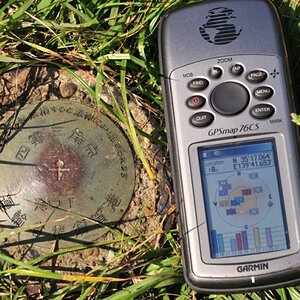
![[No title]](/data/xfmg/thumbnail/42/42326-1e75ade9716f7e863d85def8d13cf591.jpg?1619740127)

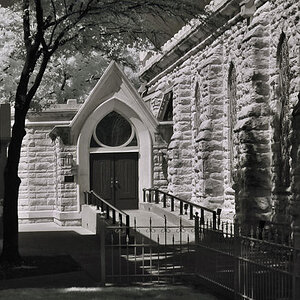
![[No title]](/data/xfmg/thumbnail/34/34746-f8e4b50f9d9b0de43c95af3d2caf956b.jpg?1619736628)

![[No title]](/data/xfmg/thumbnail/41/41799-fe172a668fba7717bf773664387d64aa.jpg?1619739897)
![[No title]](/data/xfmg/thumbnail/41/41797-ed370d68dae70f5b0a7252ec2d525912.jpg?1619739896)

